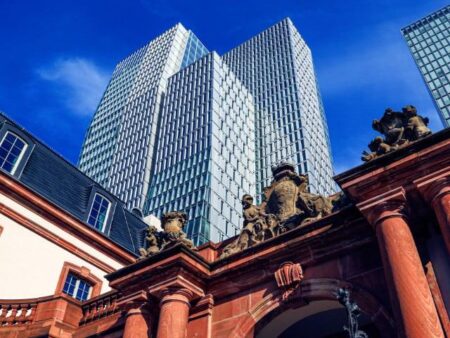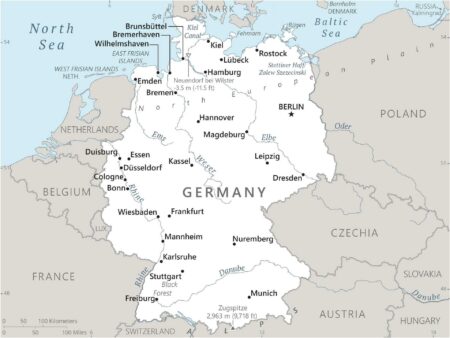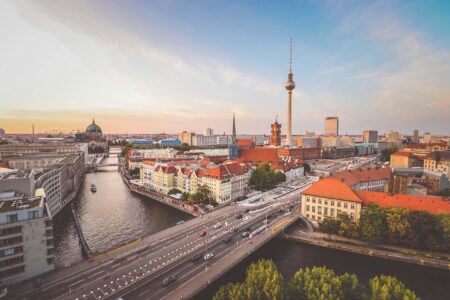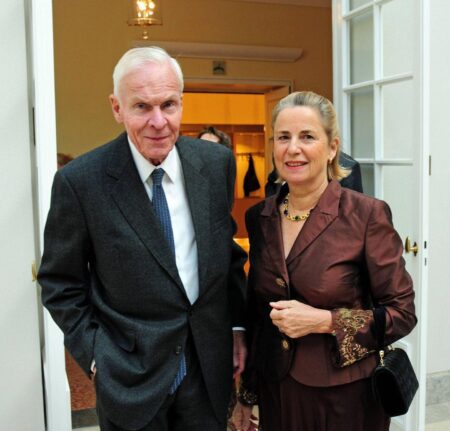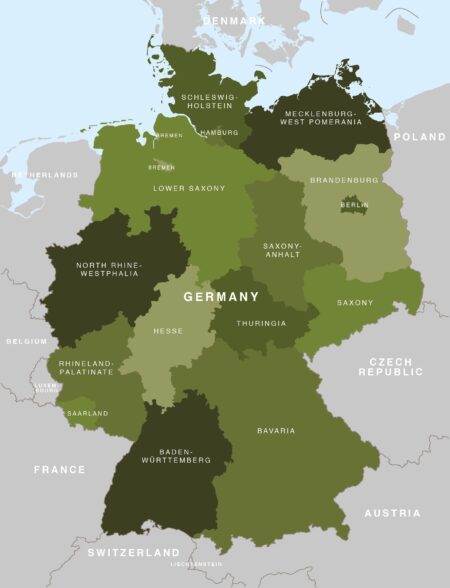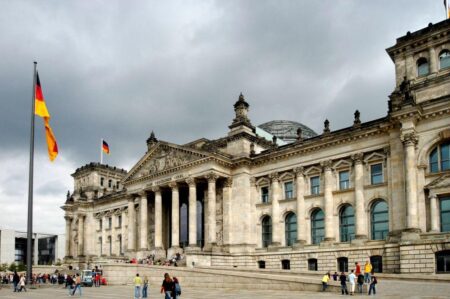Germany defender Lukas Mittelstädt has opened up about his disappointment after being left out of the national squad. The Hertha Berlin standout is more determined than ever, eager to prove he belongs in the team for future call-ups
Browsing: Germany
Deutsche Bank calls on Germany to unleash its full fiscal strength to invigorate the economy during these uncertain times. Experts highlight that strategic government support is crucial to safeguard the bank’s stability and drive its growth forward
Germany is making a bold leap in digital security with the release of draft technical guidelines aimed at fast-tracking passkey adoption. This groundbreaking move promotes seamless biometric integration, ensuring user authentication becomes faster, easier, and more secure across every platform
Germany soared during the first China Shock, leveraging its powerful manufacturing and export strengths to new heights. However, experts warn that the next wave of economic shifts driven by China’s rise could pose serious challenges to its industrial backbone
Germany secures a commanding win in the intense struggle for influence in Bosnia, solidifying its political and economic stronghold in the region, reports from theTrumpet.com reveal
A recent study explores how the October 7 attacks deeply reshaped Jewish life in Germany, uncovering not only increased security concerns but also a vibrant revival of community spirit among German Jews, according to dw.com
Finck revealed groundbreaking research at a major conference in Germany, showcasing cutting-edge innovations that are transforming their field. This presentation marks a pivotal milestone, as highlighted by gspublishing.net
Germany has approved €2.46 million in arms exports to Israel, ending a partial freeze amid escalating tensions. This decision underscores the delicate balancing act of defense cooperation in a complex and volatile geopolitical landscape
Archaeologists in Germany have uncovered Europe’s oldest known blue pigment at a Paleolithic site. This groundbreaking discovery opens an exciting window into prehistoric art and symbolic expression dating back over 40,000 years
Germany’s Friedrich Merz praised Trump’s peace plan for Gaza as the “best chance” to finally end the ongoing conflict, emphasizing the critical need for new diplomatic efforts to achieve lasting stability in the region
Germany has pledged an extraordinary $14 billion to global climate action, showcasing its powerful commitment to combating climate change and driving sustainable development worldwide, officials announced Tuesday
Son Heung-min, the dazzling star of Tottenham Hotspur, has courageously shared his experiences with racial discrimination during his early days in Germany. His honest and powerful story highlights the ongoing struggles that Asian players still face in European football today
South Korea, Germany, and Japan are fiercely competing for dominance in the global machine tools market, each pushing the boundaries of technology and innovation to seize the lead, reports KED Global
Beethovenfest 2025 in Bonn is ready to set the stage ablaze, fusing electrifying Afrobeat rhythms with the enduring beauty of classical music. Dive into innovative collaborations that showcase the magic of cultural fusion, as the festival pioneers new artistic horizons and welcomes audiences from every corner to be part of this unforgettable celebration
A man boldly wearing a Star of David was viciously attacked on a tram in Erfurt, Germany. Authorities are now investigating the incident as a hate crime, underscoring growing concerns about the surge in antisemitic violence in the region
Iran has pulled its envoys from the UK, France, and Germany after a China-backed UN proposal aimed at easing tensions was rejected, escalating diplomatic strains between Tehran and Western powers
Germany is gearing up to give its military the authority to take down unauthorized drones invading its national airspace. This decisive move marks a significant leap in the country’s defense approach, aiming to strengthen security amid a surge in drone-related threats
Germany’s new peace movement is surging with unstoppable energy as global tensions reach a boiling point. Across the country, passionate demonstrations are calling for diplomacy over conflict, signaling a powerful shift in public opinion toward embracing bold anti-war policies
Germany’s economy is expected to inch forward, with growth forecasted at a modest 0.2% in 2025, according to the ifo Institute. This slow momentum highlights the ongoing challenges confronting Europe’s largest economic powerhouse
Germany’s largest investor in Georgia is boldly navigating fresh challenges as new smelting regulations transform their operations. This pivotal shift highlights a changing industrial landscape and promises far-reaching economic impacts throughout the region


